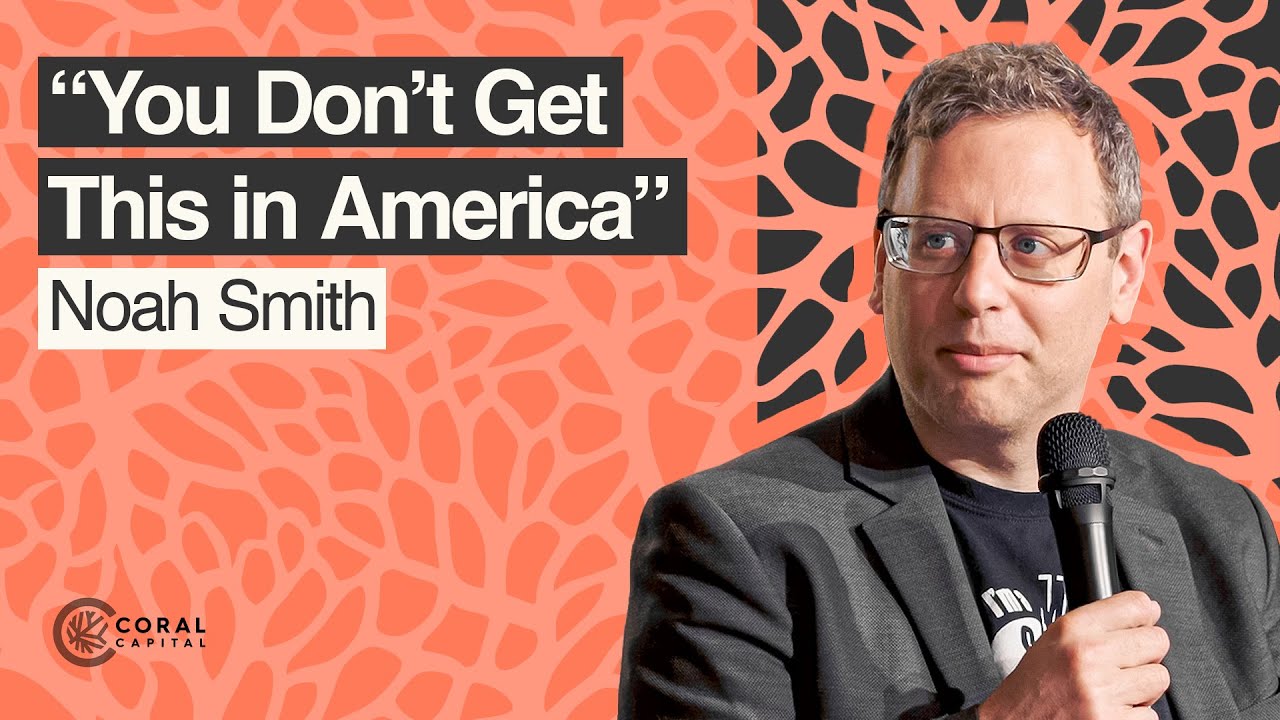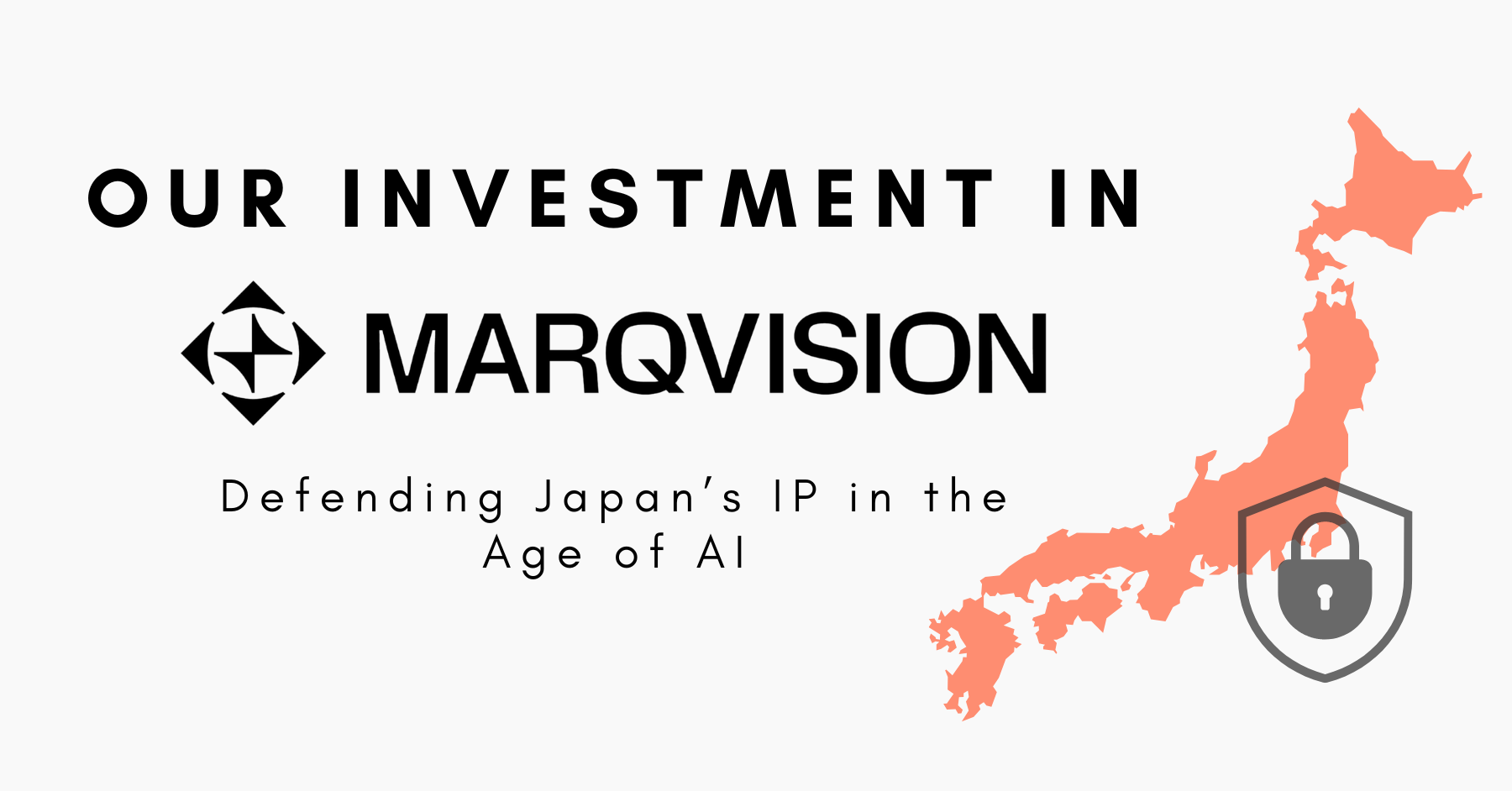My chat with Noah Smith kicks off where his love for Japan began—with the ultra-violent cult classic Battle Royale.
Noah isn’t your stereotypical anime binge-watcher.
He’s a physics-escapee who followed Japanese punk clubs and Harajuku streetwear into a four-year Tokyo detour—enough time to pick up the language and, more importantly, a ground-floor view of Japan’s creative engine.
That origin story matters, because it colors everything he now believes about Japan’s unique economic future.
The Two Rings of Weeb-dom
Noah has a useful mental model for understanding foreigners who are drawn to Japan.
In the center: the Core Weebs—the ones fluent in anime, JRPGs, and cosplay culture.
In the wider orbit: Casual Enthusiasts, drawn to quirky travel experiences, Muji stationery, rabbit islands, and fusion ramen.
That broader circle, he argues, now includes a sizable share of the global population. And with that much demand, Japan looks less like a stagnant “lost decade” case study and more like an under-priced cultural super-asset.
How Japan’s Global Appeal Took Off
We got into this idea of why Japan’s “Cool” factor felt like it exploded onto the global stage almost overnight.
The answer is twofold:
First, the internet. Broadband made it trivial to torrent anime in the early 2000s. Forums and fan subs globalized what had once been a super-niche subculture.
Second, Japan saw the trend and leaned in. Around 2005, the government launched a serious tourism push—positioning Tokyo as safe, clean, and easy to navigate, even if you didn’t speak a word of Japanese.
Japan simply got more accessible—culturally and physically.
A Decade That Deserves a Second Look
Noah pushes back on the narrative that Japan flatlined after the ’90s.
He points to the early-to-mid 2000s as a surprisingly dynamic period—marked by technological innovation, design leadership, and a kind of everyday polish you could see on every commuter train: hybrid cars, 3G flip phones, high-end cameras, all made in Japan.
I remember being here then and thinking, “Wait, wasn’t this supposed to be the post-boom era?”
But the streets, shops, and trains told a different story—one of quiet strength and surprising relevance.
Tokyo ≠ Silicon Valley…Yet
When I asked Noah what sets Tokyo apart for entrepreneurs, his reasons were practical:
- ¥ = cost-effective talent with deep hardware expertise.
- Zoning rules that make it easy to build fast—compare Kumamoto’s TSMC fab to Arizona’s delays.
- A high density of small businesses, especially restaurants, thanks to Japan’s love of stacking micro-stores vertically.
His Paris analogy stuck with me: people move to Tokyo for the lifestyle, not to hustle. But sometimes, that quality of life creates space to build something meaningful.
The challenge, and opportunity, is turning that into exportable enterprise value.
What Japan Could Learn from Poland
One of Noah’s more intriguing arguments is that Japan should look to Poland, not the U.S., for its next economic playbook.
Poland didn’t wait for local innovation to save the day. Instead, it created the conditions for multinational firms to build from scratch.
Noah suggests Japan could do the same.
The country has engineering talent, but it needs more catalytic investment. That means attracting high-value industries like semiconductors and AI, and turning JETRO into a serious execution arm with incentives tied to real results, not ceremony.
Picture seasoned Taiwanese chip engineers mentoring recent Japanese grads in Kyushu—who then go on to start their own ventures. It’s the kind of practical talent pipeline that could change the game—yet Japan’s left it on the table.
Smart Borders, Not Closed Ones
We got into one of the more sensitive topics too: how Japan can open up without losing the things that make it feel so safe and orderly.
Noah’s view is pragmatic. He advocates for structured assimilation: mandatory language programs, clear behavioral norms, and a phased approach to immigration that encourages mentorship between newcomers.
And there’s an upside: some of the best engineers in the West would gladly trade a bit of salary for Tokyo’s stability and quality of life.
That delta is a silent HR arbitrage waiting to be tapped by local founders.
Takeaways for Builders & Backers
- Founders: If you can keep your burn rate lean, Tokyo offers rare talent density at affordable cost—especially for hardware startups.
- Investors: The smart bets sit just upstream of transformation. Think marketplaces for factory suppliers, tools for automation, and AI platforms built for bilingual teams.
- Policy Shapers: Branding campaigns aren’t enough. What Japan needs is a results-focused JETRO and infrastructure funded by sustainable tourism models.
- Weebs: If you’re serious about contributing, start with learning the language. The golden passport in Japan is fluency plus a willingness to build.
If this resonated, there’s a lot more in the full conversation. You can catch it on our new YouTube channel, The Coral Capital Podcast, which is now home to all our English episodes. Or tune in with Spotify or Apple Podcasts.






